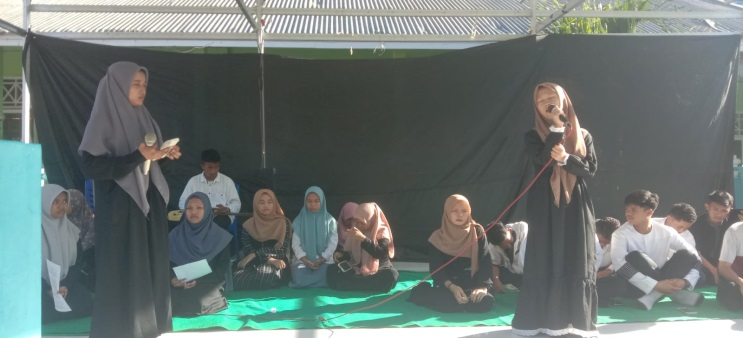Religious Culture Implementation in State Islamic Senior High School in Indonesia
Authors
Abstract
Implementation and cultivating religious and cultural values in educational institutions have been carried out with several strategies. However, more is needed to know the implementation of religious education institutions. This study, therefore, was conducted to understand the implementation and maintaining a religious culture within government Islamic high schools. The aim of this study is to examine and discuss the Islamic senior high schools implement and maintain a religious culture within the school environment. The study was conducted with multiple case study methods within two State Islamic Senior High Schools in Indonesia. Data was gathered through direct observation, in-depth interviews, and written material analysis. In addition, in-depth interviews were carried out with the schools' principals, teachers, and students. The results of this study show that the schools have implemented and maintained the religious culture within the school environment through practicing routine religious activities supported by the schools' policymakers, parents, and students. Some religious activities which were regularly practiced included regular mass praying, celebrating religious events, religious knowledge competitions, and Islamic fashion and art shows. The religious activities created a religious culture environment that stimulated teachers and students to practice and appreciate religious values in their daily activities.




